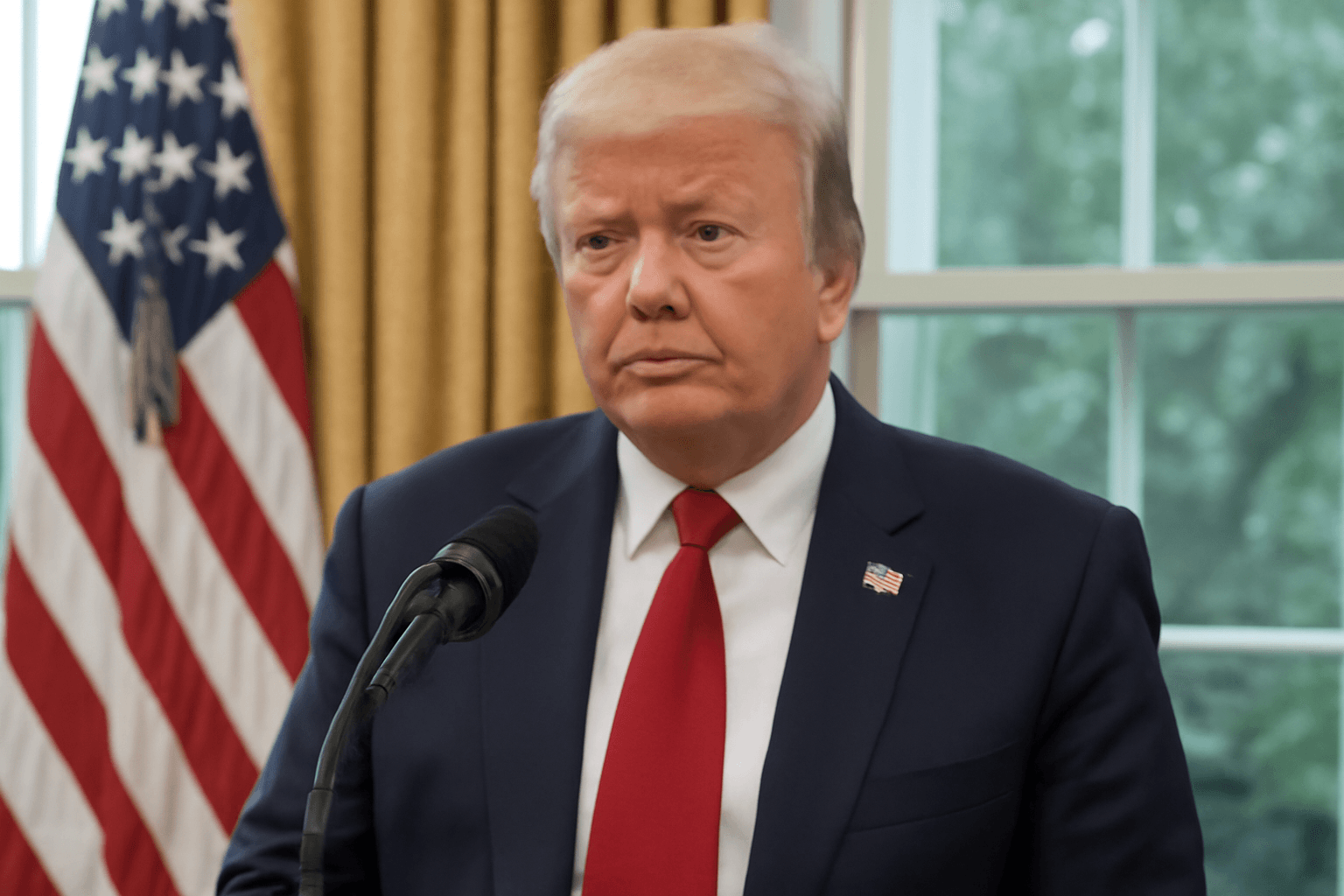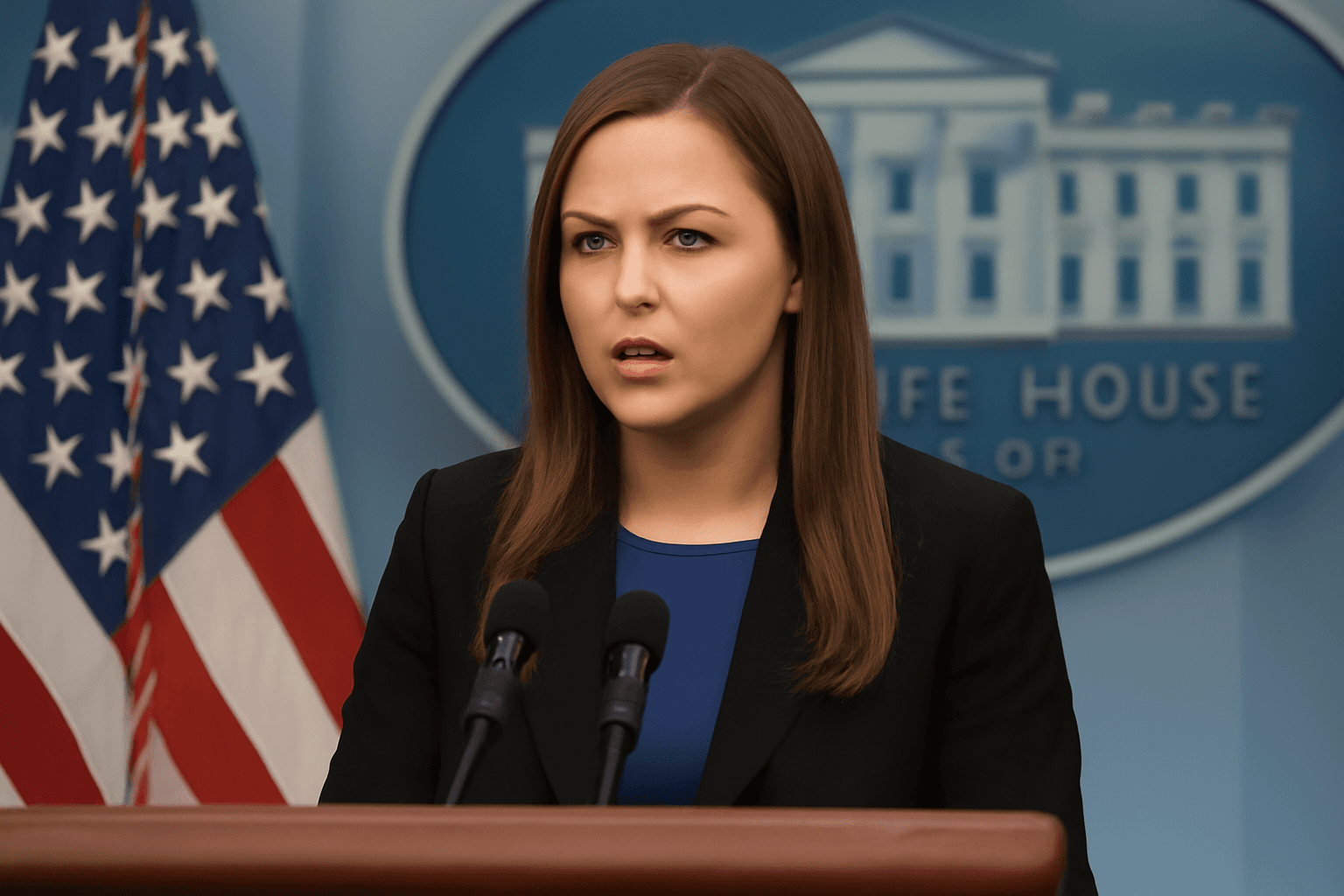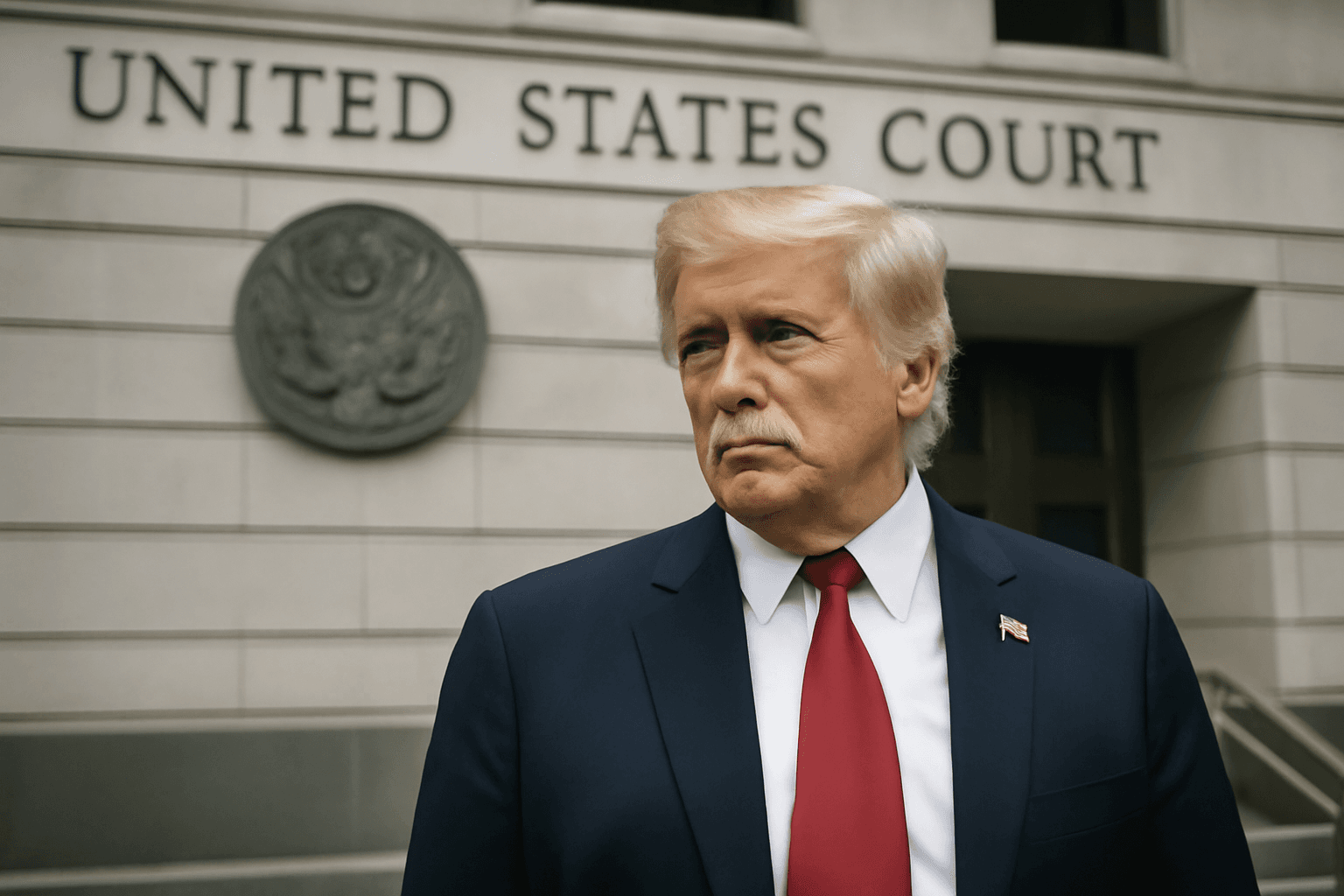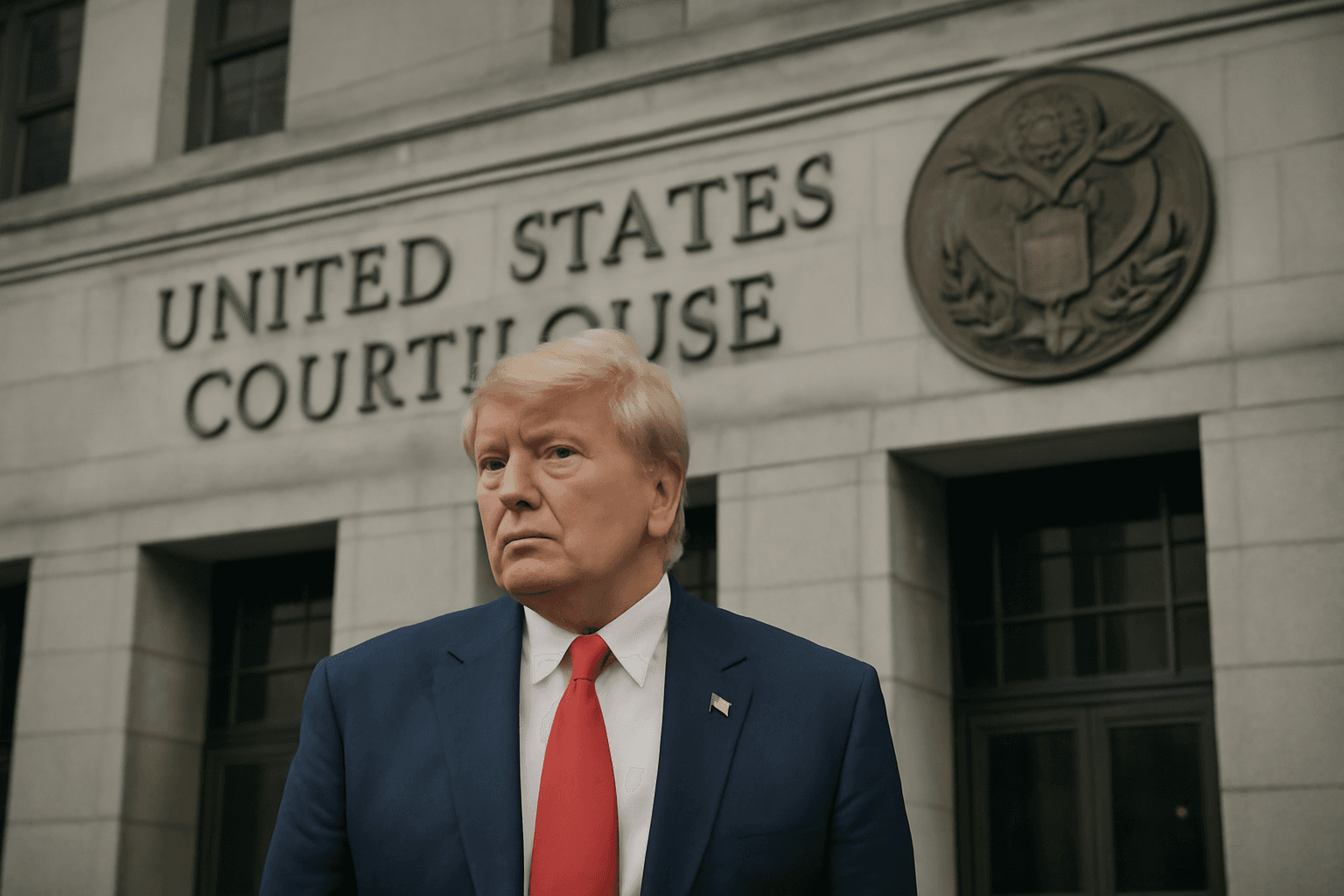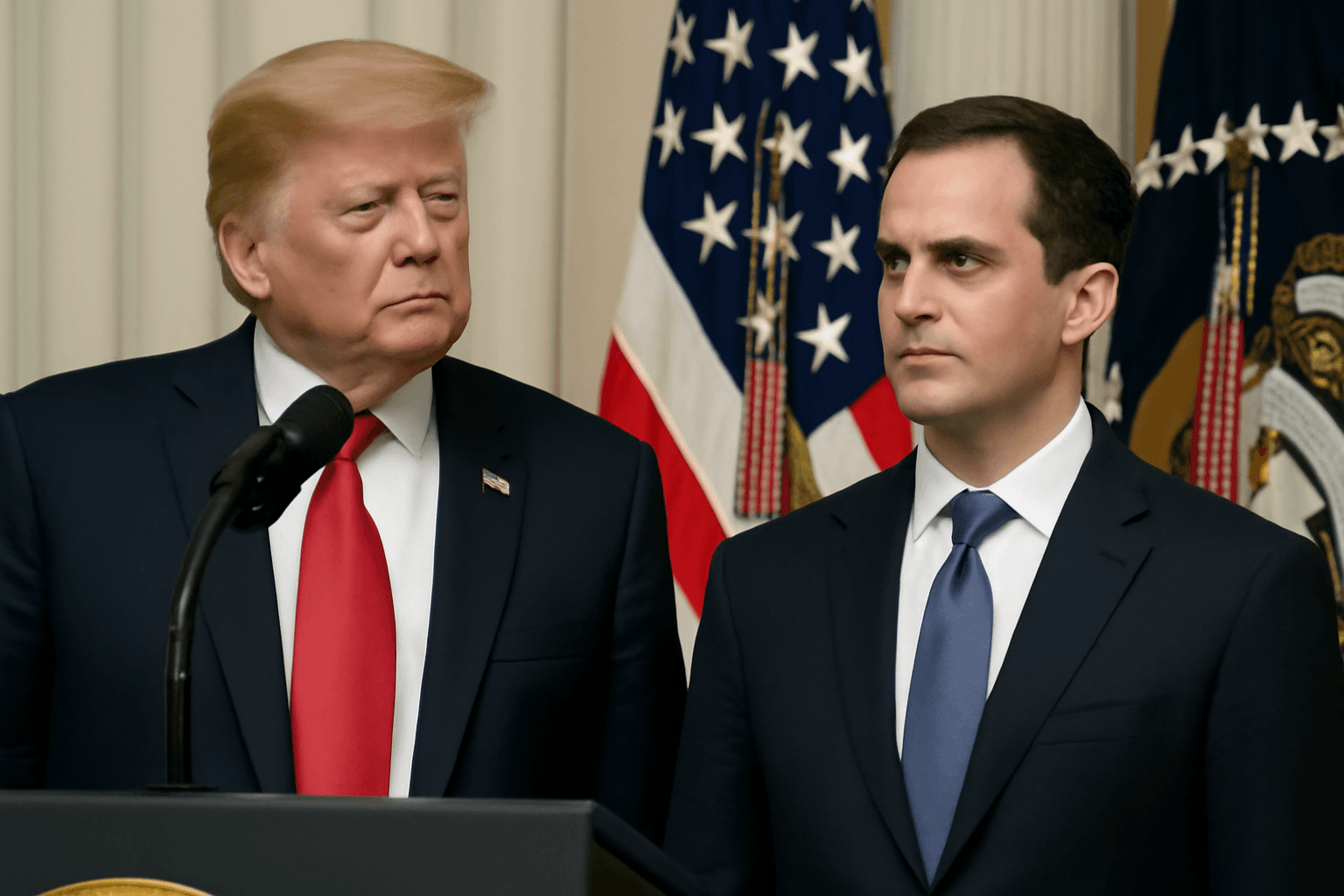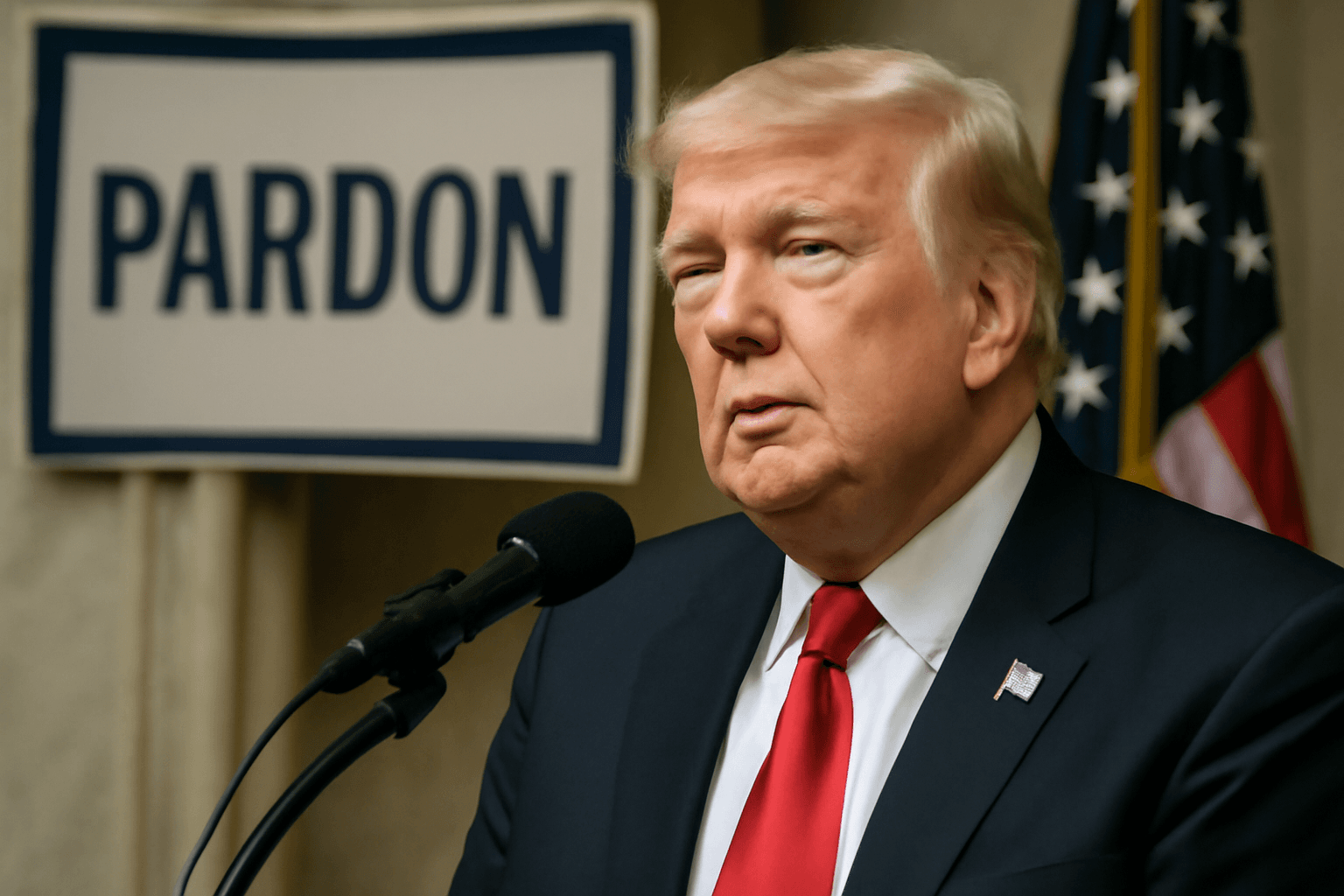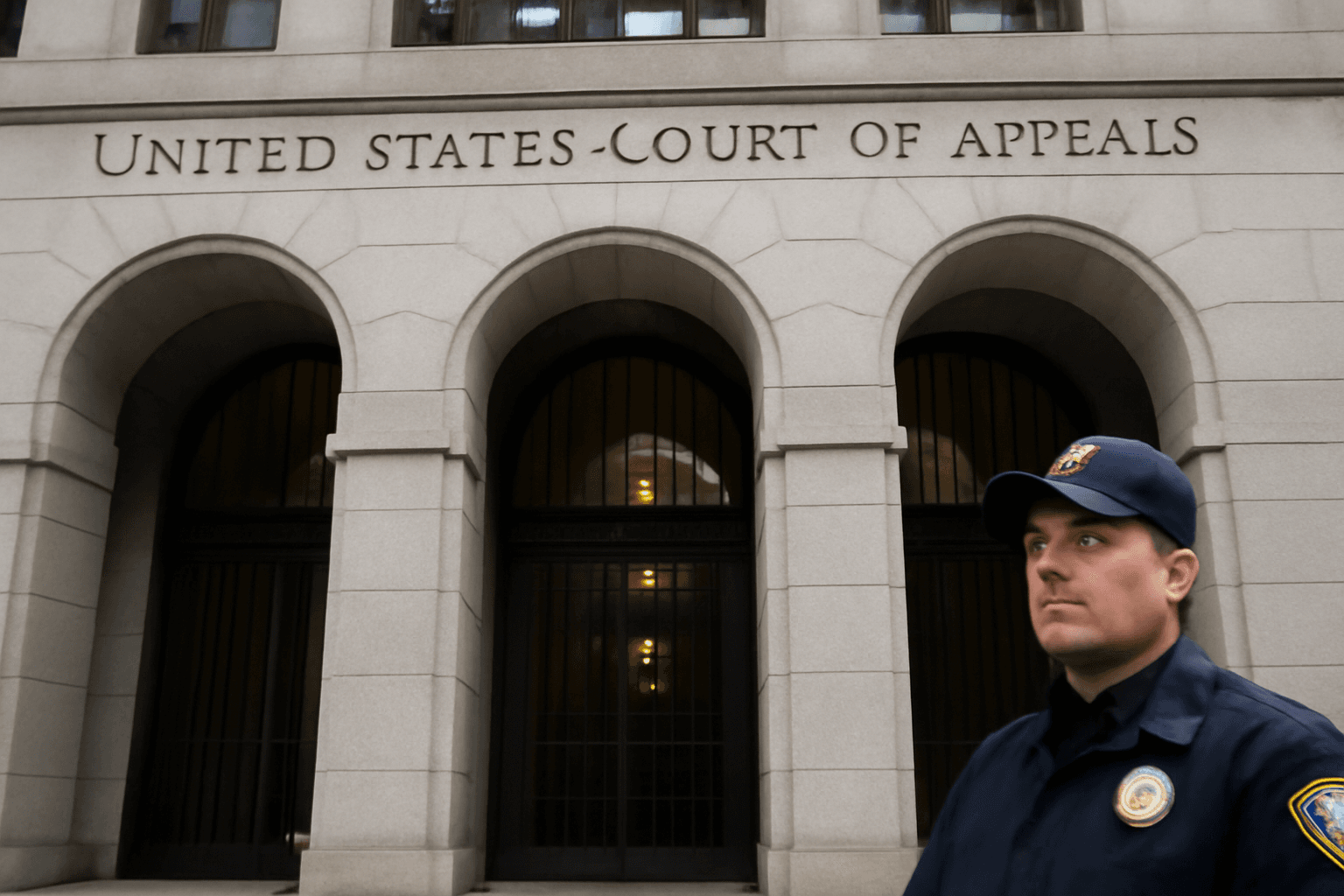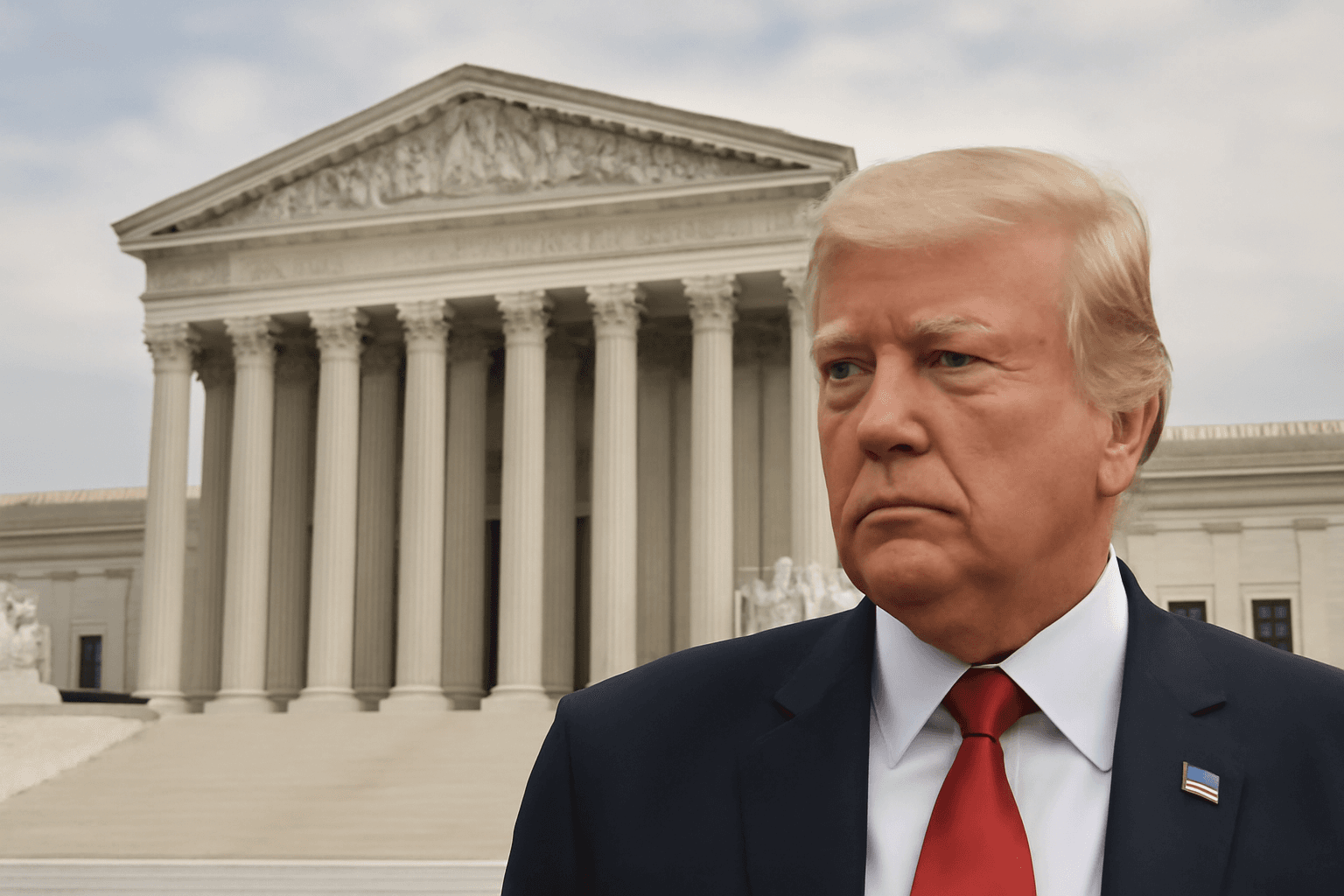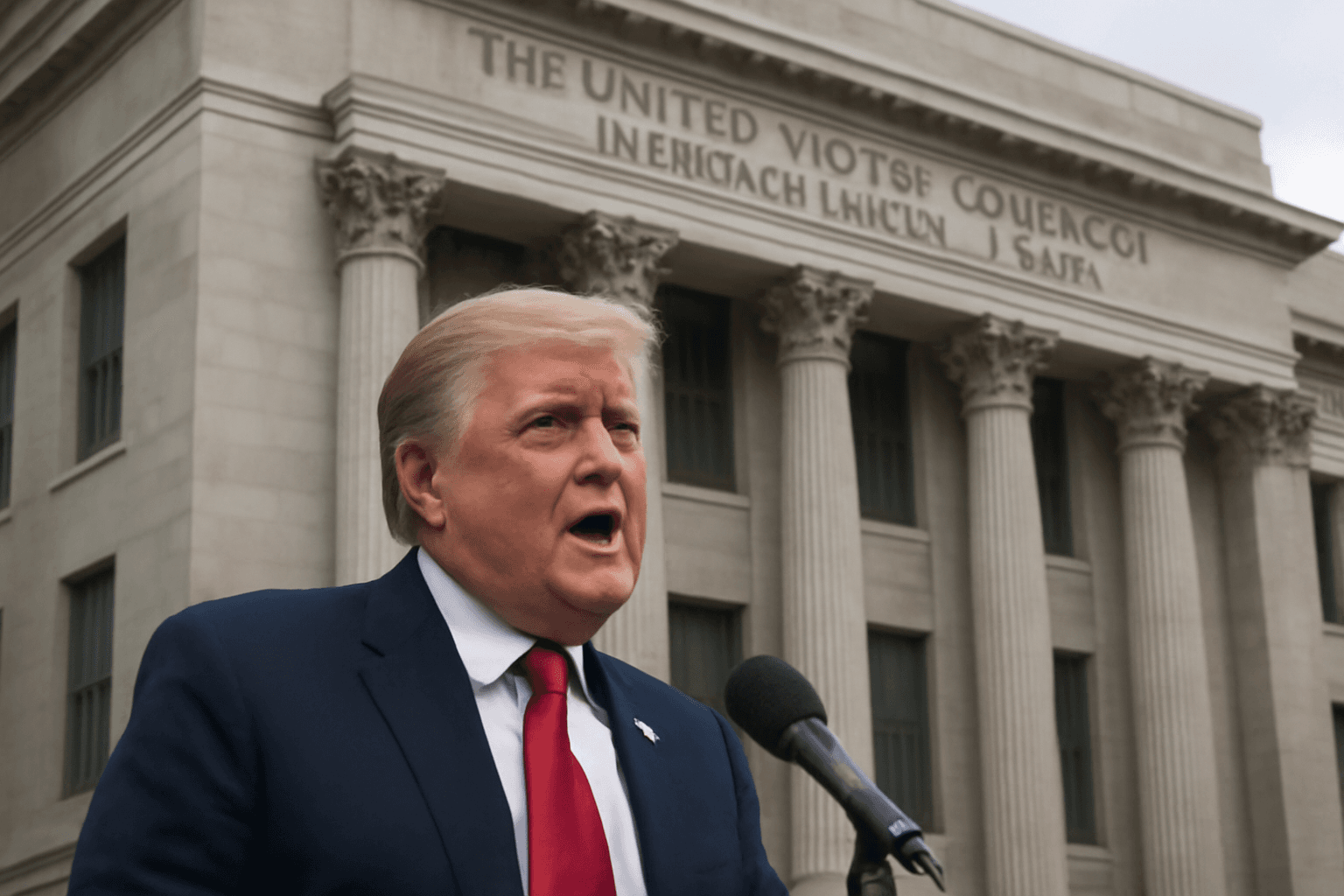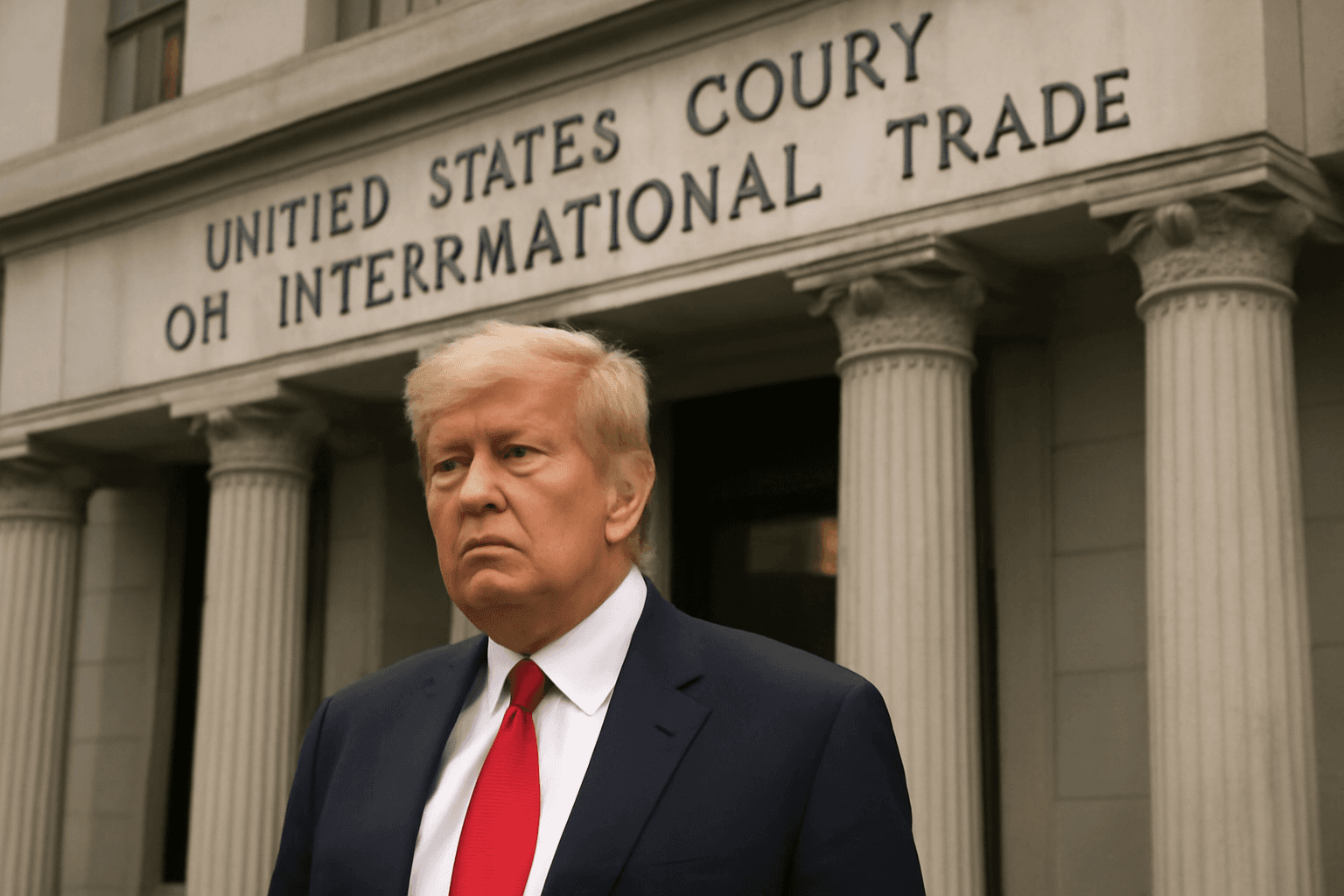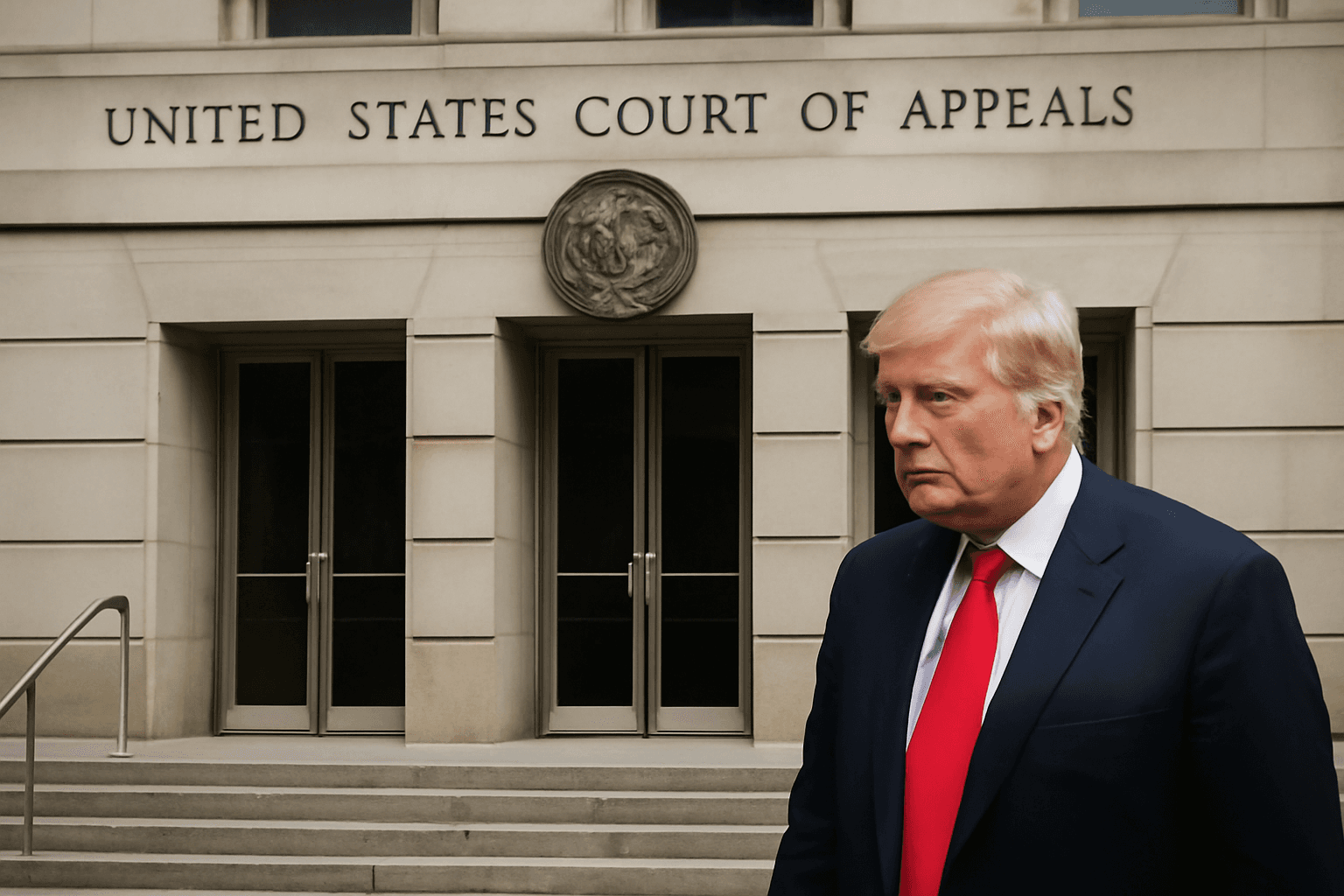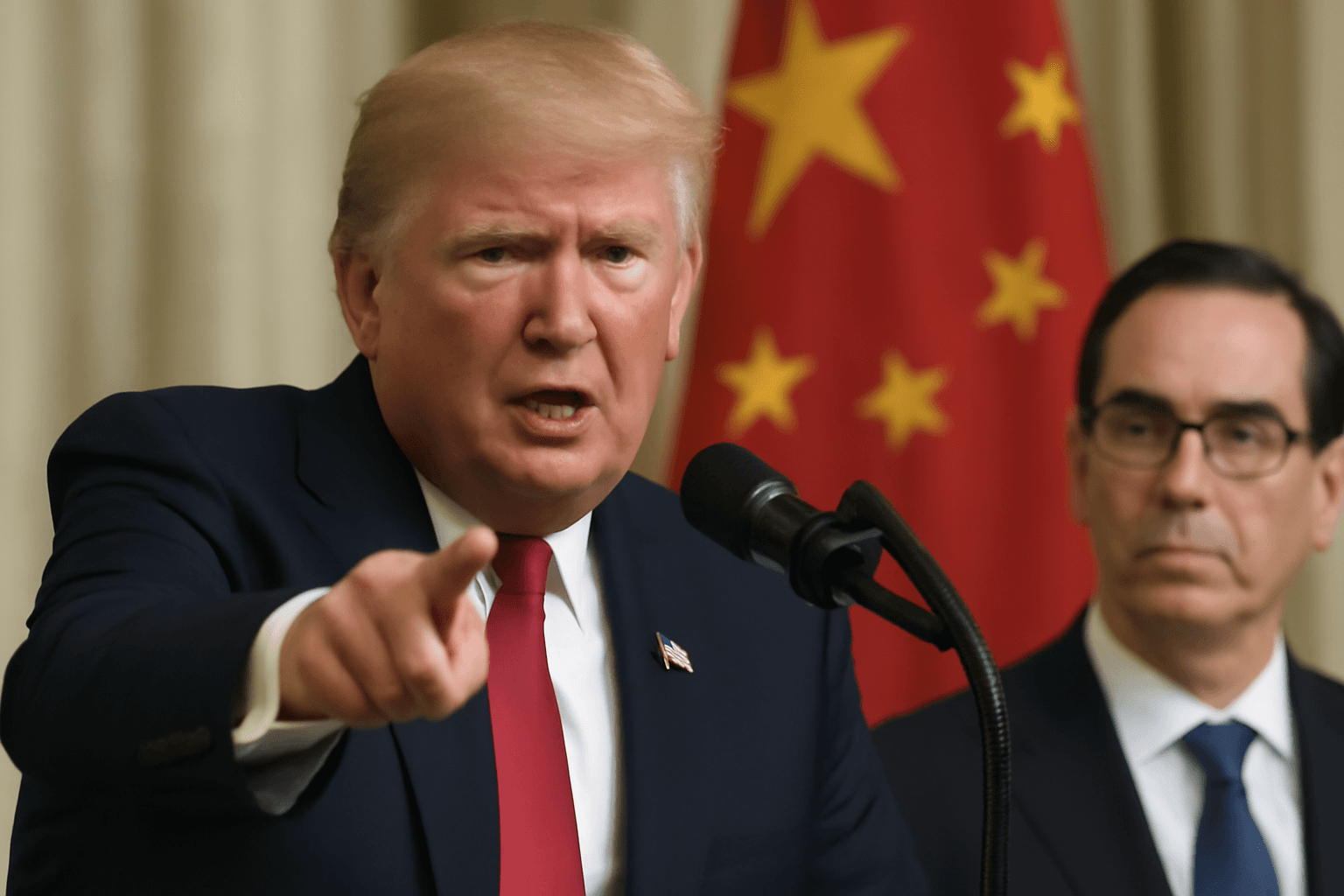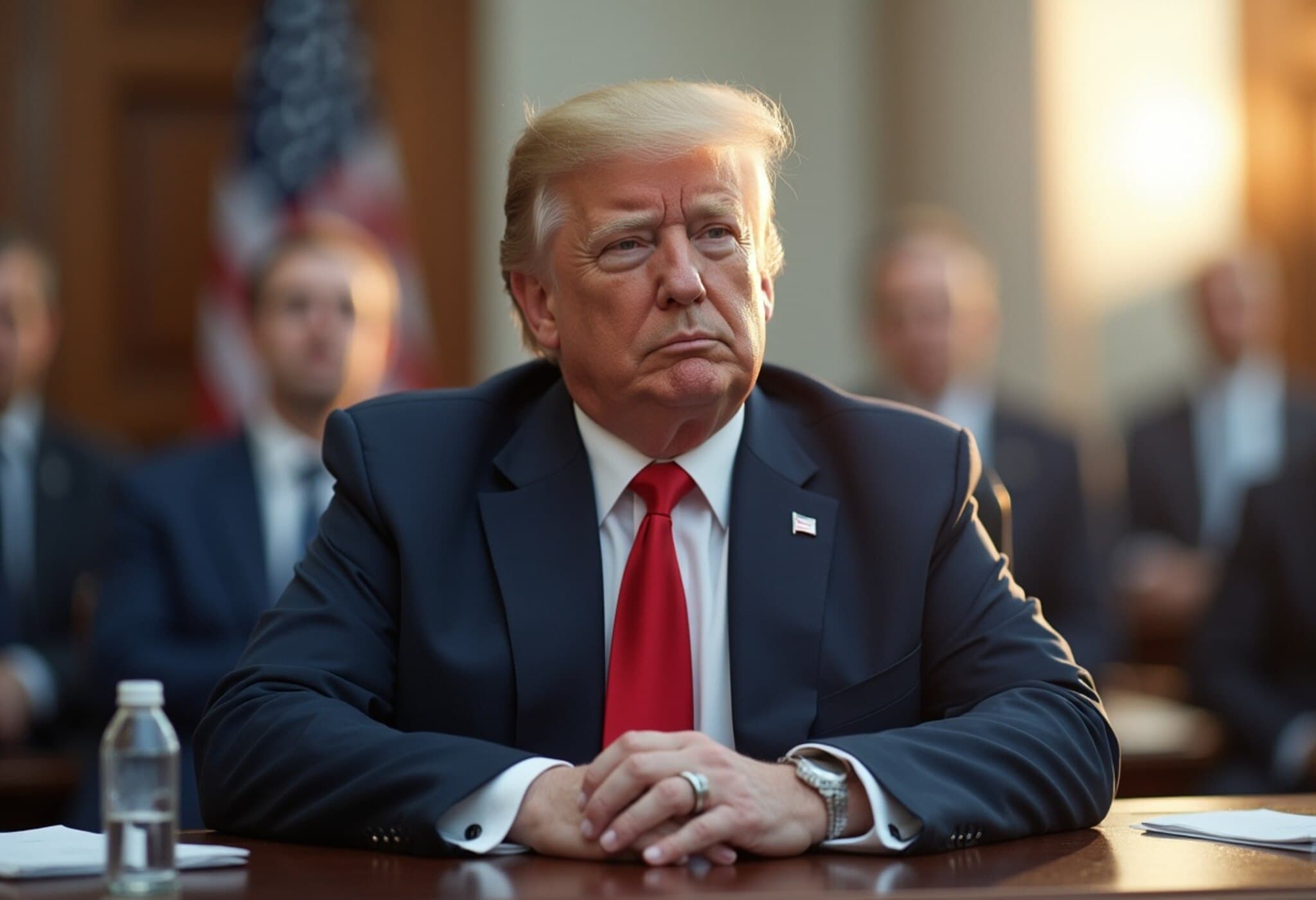Trump Administration Vows to Maintain Tariffs Amid Legal Dispute
Senior economic advisers to former President Donald Trump have reiterated their firm stance that the tariffs imposed during his administration will persist despite ongoing legal challenges. The tariffs, a critical element of Trump’s trade policy, are currently under scrutiny by the courts, with the possibility of the issue escalating to the U.S. Supreme Court.
Legal Background and Current Status
Recently, a federal court ruled that the International Emergency Economic Powers Act (IEEPA)—the statute Trump invoked to impose broad tariffs—does not grant the president authority to apply universal import duties. The ruling questioned the administration’s justification based on addressing “large and persistent” U.S. trade deficits deemed as a national emergency.
In response, the Trump administration swiftly appealed the decision, and a federal appeals court temporarily stayed the ruling, allowing the tariffs to remain in place during the legal proceedings. This stay has granted the White House time to prepare for a potentially protracted court battle over the tariffs' legality.
Confidence in Supreme Court Support
National Economic Council Director Kevin Hassett expressed strong confidence in the judiciary’s ultimate endorsement of the tariffs. Speaking on a national news program, Hassett stated:
"We are very confident that the judges will uphold this law. That’s Plan A. And we’re very, very confident that Plan A is all we will ever need."
Still, he acknowledged alternative strategies would be considered should the tariffs be struck down, emphasizing the administration’s commitment to ensuring fair trade policies without specifying details about those alternatives.
Potential Implications of a Court Defeat
Legal experts note that it is not guaranteed that the conservative-majority Supreme Court will side with the administration, given the unprecedented scope of the tariffs. A ruling negating the tariffs could undermine U.S. trade leverage and impact broader strategic economic policies based on the use of economic instruments.
The White House argues that invalidating the tariffs could weaken America's negotiating position internationally, empowering other countries to impose anti-American tariffs without fear of retaliation. Former President Trump warned that such a court decision could lead to severe economic damage, stating:
"If the Courts somehow rule against us, it would allow other countries to hold our nation hostage with their anti-American tariffs. This would mean the economic ruination of the United States."
Summary of Key Points
- Tariffs remain in effect during ongoing legal disputes.
- Legal challenge centers on whether the president has authority under IEEPA for universal tariffs.
- Appeals court has issued a temporary stay on the initial ruling, delaying removal of tariffs.
- Confident White House officials anticipate Supreme Court support, but alternatives are being considered.
- Potential ruling against tariffs could complicate U.S. trade policy and economic strategy.
Outlook
The fate of the tariffs hinges on the judiciary’s interpretation of presidential authority under trade law. While Trump’s advisers remain confident the tariffs will endure, the possibility of legal setbacks requires contingency planning to maintain the administration’s goal of making American trade more equitable.


